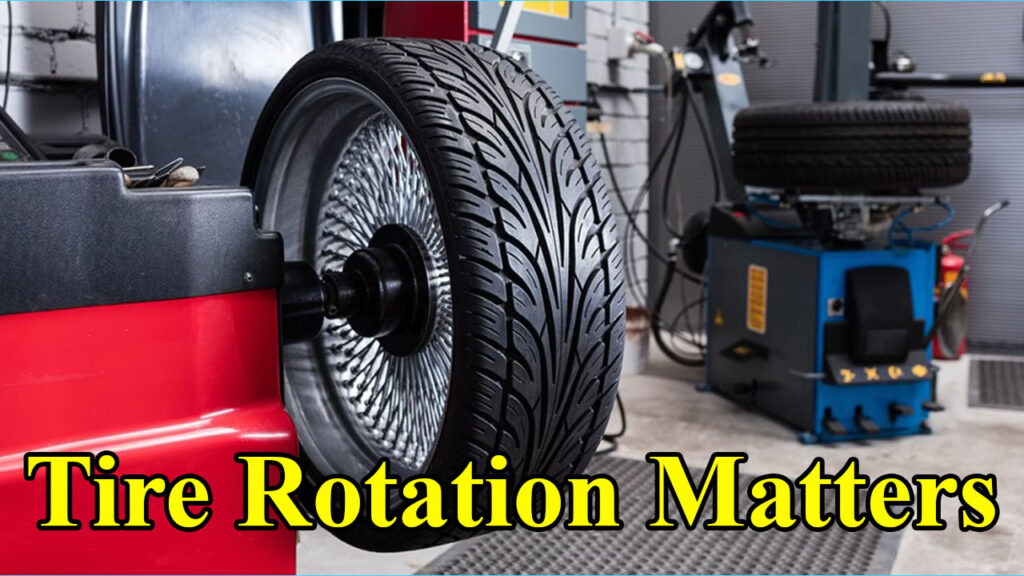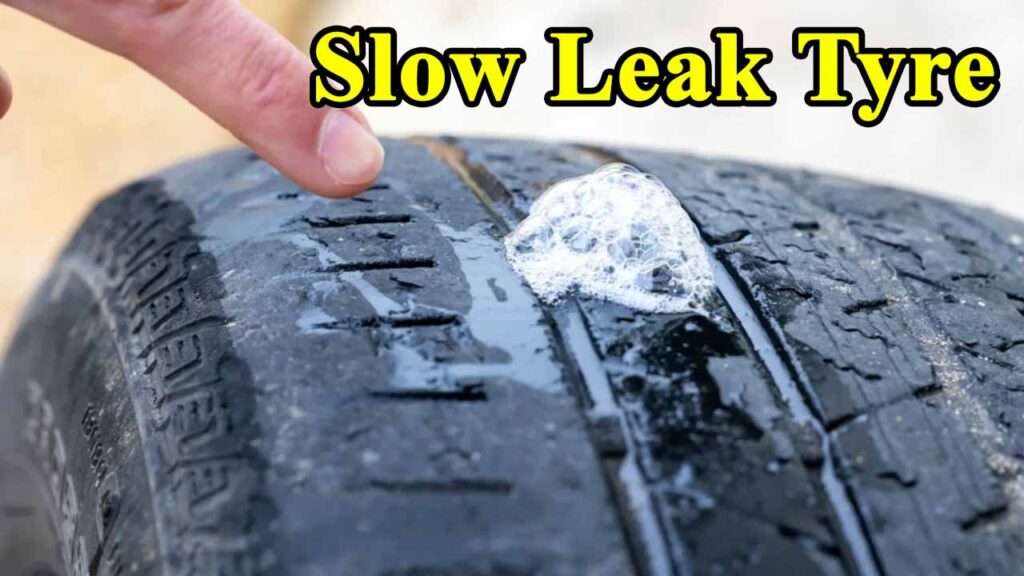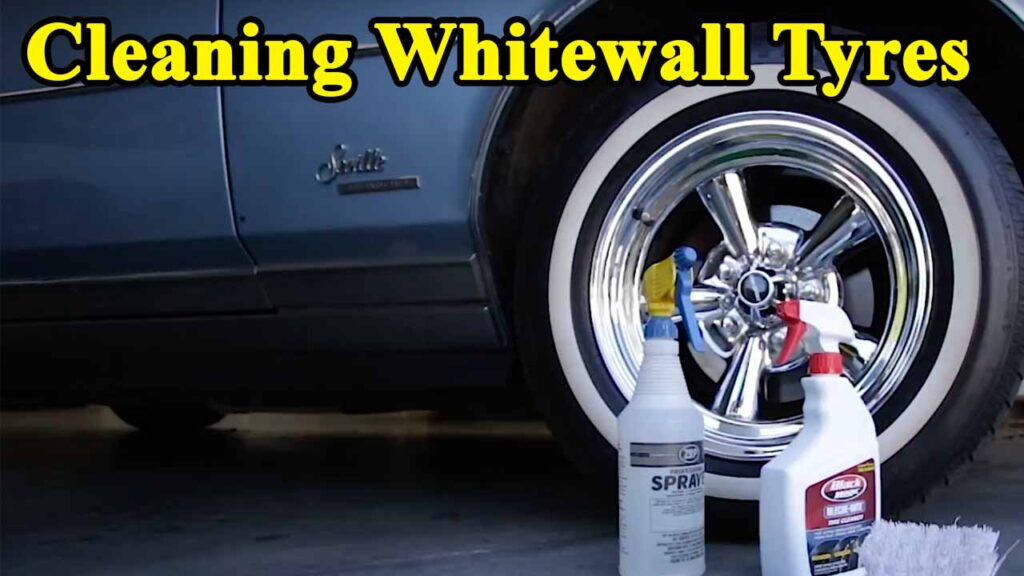Before we talk dollars and cents, let’s briefly touch upon why tire rotation is so critical. Think of it like this: your car’s tires don’t all wear down at the same rate. The front tires, especially on a front-wheel-drive vehicle (which is most cars on the road today), bear the brunt of steering, braking, and carrying the engine’s weight. This causes them to wear faster and often in different patterns than your rear tires.
Without regular rotation, you’d end up replacing your front tires far more frequently than your rears, which is a waste of money. Rotating them evenly distributes this wear across all four tires, maximizing their lifespan, improving handling, enhancing fuel efficiency, and most importantly, ensuring consistent traction for your safety. I’ve personally seen tires last an extra year or more just by religiously sticking to my rotation schedule. It’s truly an unsung hero of vehicle maintenance.
Firestone’s Approach to Tire Rotation: What to Expect
Now, let’s talk about Firestone Complete Auto Care. They’re a household name in auto service, and for good reason. They offer a comprehensive approach to tire care, and tire rotation is a cornerstone of that.
The Cost Breakdown: What You’ll Likely Pay
When it comes to the cost of a tire rotation at Firestone, there are a few scenarios:
- For Firestone Tire Customers: Often FREE! This is the biggest perk. If you’ve purchased your tires directly from Firestone, they generally offer free lifetime tire rotations. This is a massive value proposition. It’s their way of saying “thank you for your business” and ensuring your investment in their tires lasts as long as possible. From a personal standpoint, this alone is a compelling reason to consider Firestone when buying new tires. The savings over the lifespan of your tires can be significant.
- For Non-Firestone Tire Customers: Around $20-$30. If you have tires from another brand, Firestone’s standard charge for a tire rotation typically hovers around $20 to $30. This is a very competitive price point in the market. While it’s not free, it’s a small price to pay for the benefits you gain.
- Bundled Services and Promotions: Firestone, like many auto service centers, frequently offers promotions and discounts. You might find deals that bundle tire rotation with an oil change or other maintenance services, potentially bringing down the overall cost. It’s always worth checking their website or asking your local Firestone Complete Auto Care center in, say, Chicago or Houston, for any current specials. I once snagged a deal that included a rotation and brake inspection for a fantastic price – always be on the lookout!
- The Foundation: Understanding Your Toyota Highlander’s Tire Size
Factors Influencing the Cost
While the base cost is helpful, a few elements can subtly influence the final price:
- Vehicle Type: Larger vehicles like SUVs and trucks, or vehicles with specialized tire setups (e.g., staggered fitments where front and rear tires are different sizes), might have a slightly higher rotation cost due to increased labor or complexity.
- Location: As with most services, prices can vary slightly depending on your geographic location. A Firestone in a high-cost-of-living urban area might charge a few dollars more than one in a rural setting.
- Additional Services: If your tires also need balancing (which is often recommended with a rotation to correct any weight imbalances in the wheel assembly), or if the technician identifies other issues like alignment problems, these will be separate charges. However, getting these services done concurrently can often be more cost-effective than separate visits.
The Value Proposition: Beyond the Price Tag
When you pay for a tire rotation at Firestone, you’re not just paying for someone to move your tires around. You’re getting:
- Expertise: Firestone technicians are trained professionals who understand the specific rotation patterns recommended for different vehicle types (front-wheel drive, rear-wheel drive, all-wheel drive, etc.). They’ll ensure the rotation is done correctly to optimize tire wear.
- Comprehensive Inspection: During a tire rotation, technicians typically perform a visual inspection of your tires for uneven wear, damage, and proper inflation. They’ll also often check your brakes and suspension components. This added peace of mind is invaluable. I’ve had Firestone techs spot a nail in my tire during a routine rotation, saving me from a potential flat down the road.
- Warranty Compliance: Many tire manufacturers require regular rotations to keep your tire warranty valid. Getting it done professionally at a place like Firestone provides documentation for warranty purposes.
My Personal Takeaway: It’s an Investment, Not an Expense
From my own years of driving and maintaining vehicles, I’ve come to view tire rotation as a non-negotiable part of car care. It’s a small investment that yields significant returns in terms of tire life, safety, and performance. Choosing a reputable service provider like Firestone, especially if you’ve bought their tires and can leverage the free rotations, is a smart move. Their consistency and the added value of the inspections make them a reliable choice.
The Ultimate Guide to 2014 Chevy Cruze Tire Size: What Every Owner Should Know
Frequently Asked Questions (FAQ)
Q: How often should I rotate my tires? A: Most vehicle manufacturers and tire experts recommend rotating your tires every 5,000 to 8,000 miles, or with every other oil change. Always check your car’s owner’s manual for specific recommendations.
Q: Can I rotate my tires myself to save money? A: While technically possible if you have the right tools (jack, jack stands, torque wrench) and knowledge of proper rotation patterns, professional service is generally recommended. Mechanics have specialized equipment to ensure proper rotation and can spot other issues you might miss, like uneven wear or suspension problems. Plus, it ensures your tire warranty remains valid.
Q: Does Firestone balance tires during a rotation? A: Tire rotation and balancing are separate services. While a rotation moves the tires to different positions, balancing corrects any weight imbalances in the wheel assembly. It’s often recommended to get both done concurrently, and Firestone can provide a quote for both.
Q: What if I don’t rotate my tires? A: Neglecting tire rotation can lead to uneven tire wear, premature tire replacement, decreased fuel efficiency, vibrations in the steering wheel, and compromised handling and safety, especially in adverse weather conditions.
Q: Are there any other benefits to getting my tires rotated at Firestone? A: Yes! Beyond extending tire life and improving safety, Firestone often includes a visual inspection of your brake system and suspension components during a tire rotation, providing a more comprehensive check of your vehicle’s health.
In conclusion, understanding Firestone’s tire rotation cost is quite straightforward: free if you’re a Firestone tire customer, and a very reasonable charge if not. But beyond the price, it’s the added expertise, thorough inspections, and overall value that make it a worthwhile service for any car owner looking to maximize their tire investment and ensure a safer, smoother ride.




